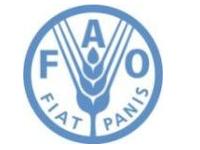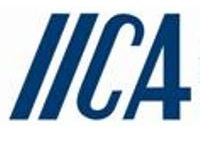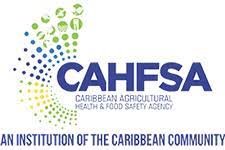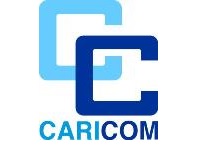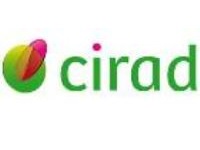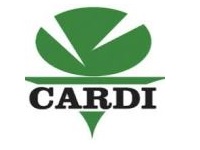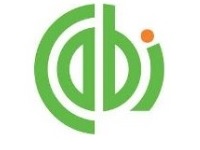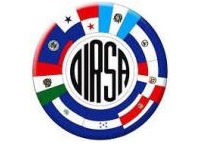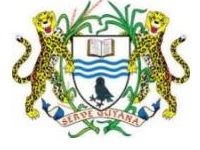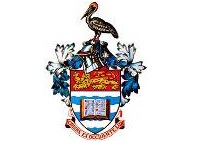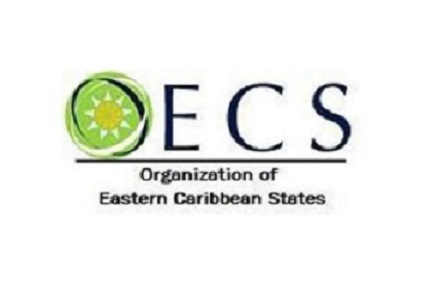Irrigation is a type of system used in the Caribbean to conserve water. Water-use efficiency is used to determine the dry weight of a vegetative portion of grain while harvesting plants and dividing that by rainfall or irrigation plus rainfall. This is important in places like the Caribbean region that experience only periodic rainfall. Using water efficiently combined with rotating the grazing of animals helps to promote regrowth of pastures, this increases water absorption and reduces water run-off.
Irrigation systems have been used to curb the misuse of water. It can help crop production by supplementing soil moisture if precipitation is insufficient. Agriculture is an important sector in the Caribbean, and it makes up for a good percentage of livelihoods and incomes, also contributing to other sectors like Trade and Tourism. Agriculture depends on water and proper use of water helps to sustain year-round crop yields.
Crops have benefitted from irrigation use and plants only use what they need and can absorb their nutrients faster. Irrigation helps productivity and profitability for crops and have started becoming much more advanced with the introduction of technology. One of the technologies being utilized is drones. Drones use the data collected and can propel themselves to the crops that need their nutrients faster, making drones a helpful contributor to irrigation.
Water-efficient systems include drip irrigation, monitoring moisture and soil temperature, cover crops, composting, and cultivating drought-tolerant species. These methods can be used depending on location and crops needs. Irrigation systems are a part of sustainable energy, helping to use water in small quantities but in an ecological greenway.
Read more from our sources below!
Source:
USDA – Irrigation & Water Use
ScienceDirect – Water Use Efficiency
CARICOM – Water-smart farming practices for the dry season

